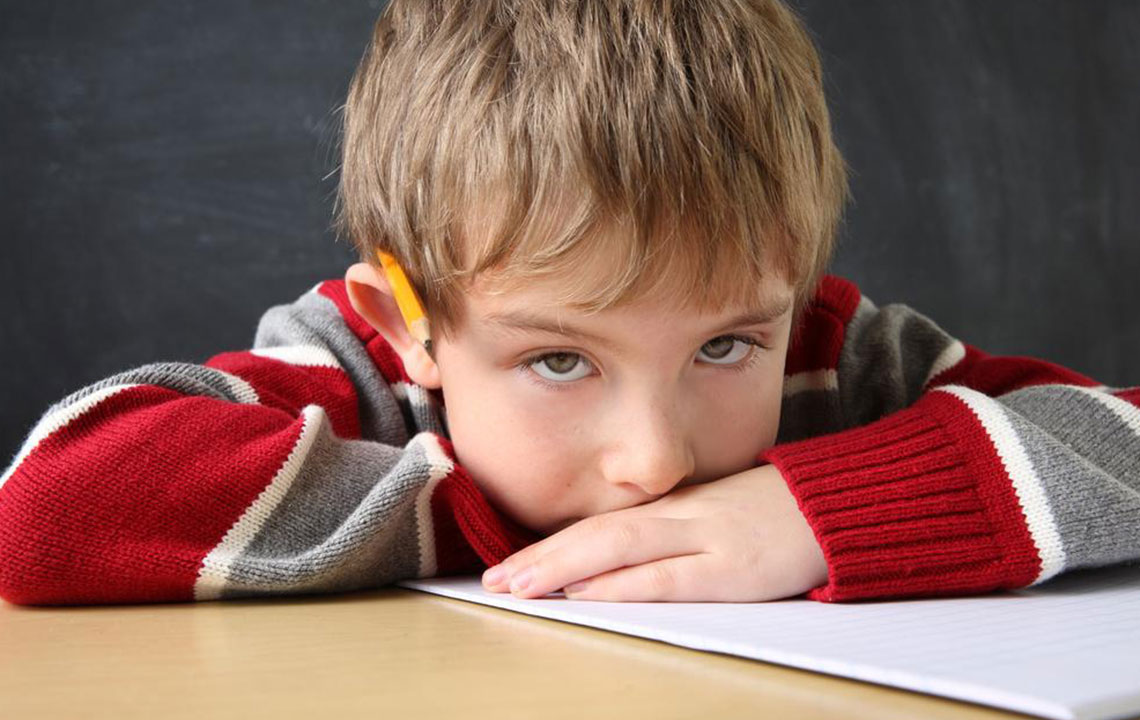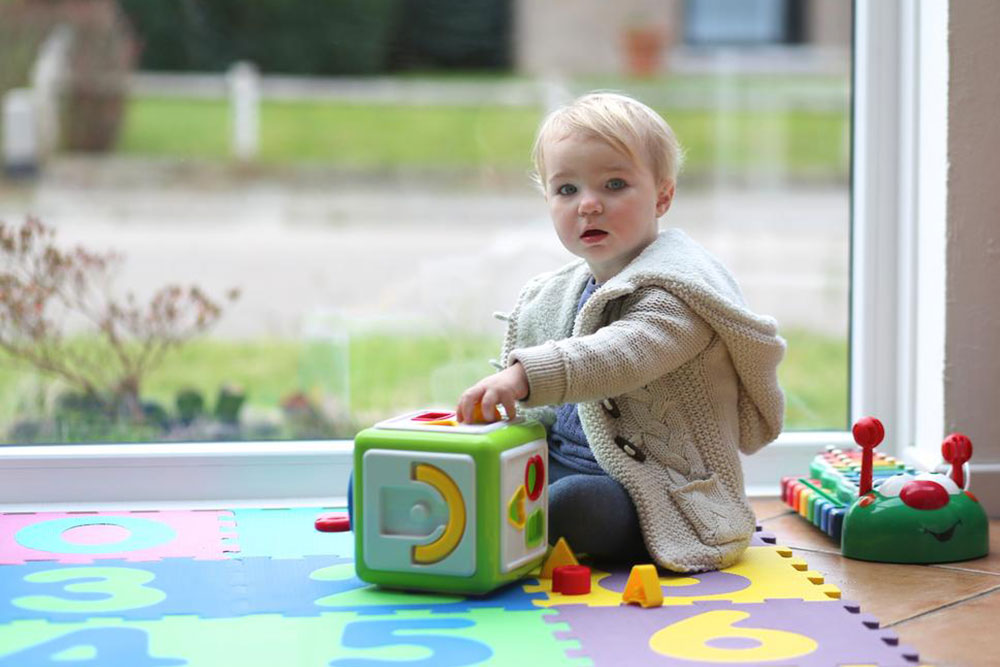Effective Strategies for Supporting Children with ADHD
This article offers practical strategies to help parents support children with ADHD effectively. It covers medication, behavioral therapy, and routine management techniques, emphasizing patience and consistency to foster positive development. Always seek professional medical advice for individual concerns.

Helping Children Manage ADHD
ADHD, or attention-deficit/hyperactivity disorder, is a chronic condition predominantly affecting children and often lasting into adulthood. It is characterized by hyperactivity, concentration difficulties, and impulsive behavior. Typical signs include disorganization, frequent mistakes, forgetfulness, constant distraction, excessive talking, fidgeting, and restlessness.
Tips for Parents to Support Children with ADHD
While ADHD has no definitive cure, proper medical treatment can help manage its symptoms. Doctors commonly recommend medications such as stimulants and antidepressants. It’s essential for parents to administer medications directly to prevent misuse or addiction.
Alongside medication, counseling and behavioral therapies can strengthen communication between children and parents and help address behavioral issues.
Parents can also implement supportive strategies to foster their child's development:
Create a supportive environment
Children with ADHD thrive in caring, stable surroundings. Recognize and praise their strengths and accomplishments while working on improving negative behaviors.
Use simple language
Children with ADHD may feel overwhelmed by complex instructions or rapid commands. Communicate clearly, give full attention, make eye contact, and be intentional with your instructions.
Set consistent rules
Clearly define acceptable behaviors and consequences. Monitor responses during challenging moments and maintain consistency with rewards and discipline to support social and behavioral growth.
Stay calm
If the child becomes restless or unruly, avoid losing your temper. Patience, emotional understanding, and calmness set a positive example.
Stick to routines
Maintain regular schedules for meals, sleep, and activities. Prepare your child gradually for changes, ensuring sufficient rest to help minimize symptom severity.
Disclaimer:
This information on ADHD symptoms, treatments, and management is for educational purposes only and does not replace professional medical advice. Always consult qualified healthcare providers for diagnosis and personalized treatment plans.


